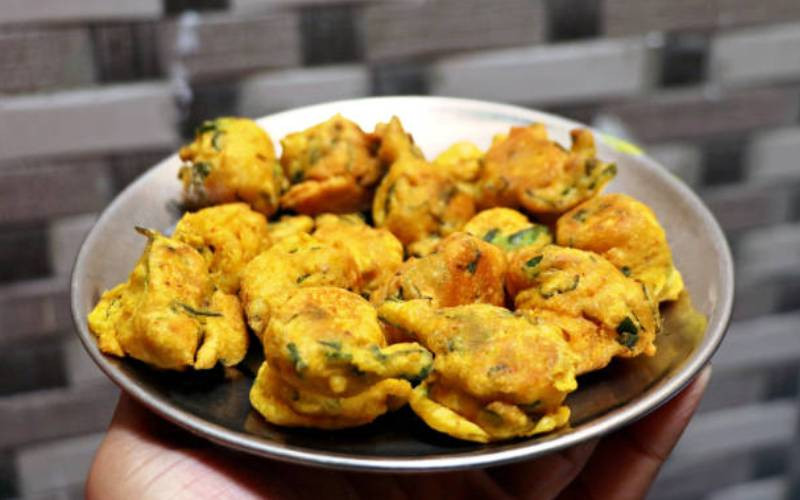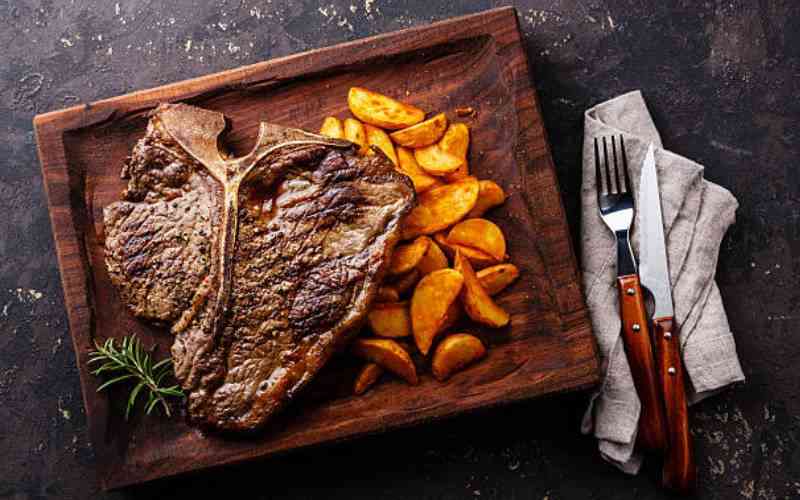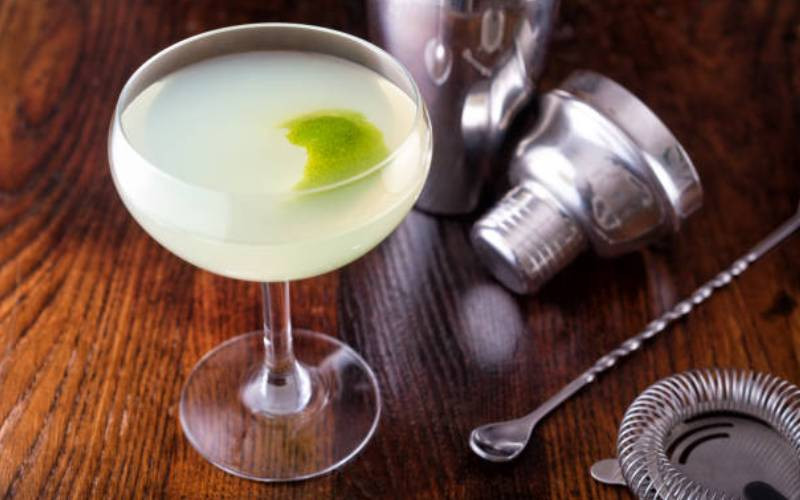
Specialised nutritionist Filip Koidis reveals how juicing could be bad for your health
The juicing industry has dominated the market in the past few years, with all sorts of extracts that claim to be the key to healthy living.
Green, purple and red juices, an inseparable food for every “healthy dieter”, often served with the tag line- “it doesn’t taste great but it is good for you”
Specialised nutritionist and clinical dietitian warns that juicing is not always beneficial for your health or your dietary goals.
1. The sluggish gut effect
When turning all those beautiful fruit and vegetables into juice, the “super juicers” are actually doing what our gut system was meant to do. If this becomes a habit, our stomach and digestive system can get used to receiving already broken down food, in a liquid form, which can make our gut sluggish in terms of its functionality and even its hormonal secretions or less effective when dealing with normal solid food
2. Bye-bye valuable fibre
Dietary fibre which is found mostly in fruit/veg and grains, is an essential constituent of a healthy diet as it ensures good gut health, keeps us fuller for longer and has a strong disease-preventative effect. When we liquidise fruit and vegetables, most of this beneficial fibre is lost ( especially if skins, pips and hard bits are excluded) and so are the health benefits that would come when consuming it.
3. No sense of portion control
Juicing can be fun, and with the latest “super juicers” one can get carried away and add too much “goodness” for one serving. An average cup of orange juice requires about 4 medium oranges, and the only difference between the two is that the 4 oranges are packed with significantly more soluble fibre but carry the same amount of calories and fruit-sugars as the juice. Most of us could easily consume a large glass or 1,5 servings of a tasty orange juice, though not many of us would be able to easily go through 7-8 oranges.
OR
Next time you do your super-breakfast smoothie, try consuming the fruit, vegetables and seeds you were going to down in one go individually…then you will know how much food you were about to seamlessly consume.
4. Get hungrier sooner
Liquidised food can get processed by our body faster than solid food. Solid food, i.e an apple, needs to be mechanically broken down in our mouth (chewing), followed b the secretion of digestive enzymes in our stomach. With juicing this procedure is by-passed and the meal duration is significantly reduced, resulting in us getting hungry again sooner than we should and consequently consuming more calories and food than we need to.
5. The juice-induced sugar cycle
Even though fruit and vegetable-derived sugars are healthier, given the environment in which they are found, when consuming juices often, there is a good chance you are causing highs and lows of your blood sugar levels, a vicious cycle which might affect your appetite, mood and even pre-dispose you to certain diseases like diabetes.
Take away: Juices and juicing are not the sole key to healthier eating. If eating a fruit or vegetable seems unlikely, a juice is definitely more beneficial than no fruit and vegetables at all.
Try adding sources of protein and fibre to your juices ( nuts and seeds, fruit and vegetable skins, milk/milk alternatives) in order to have better control of your appetite and blood sugar levels
Be more mindful with how much juice you are consuming, limit it to ½ a glass a day or every other day.
Be smart when consuming juices, either early in the day or after exercise to help your body assimilate them better
If you are not keen on fruit and vegetables, try juicing as a medium to train your taste-buds into liking them, in order to be able to comfortably consume them one day.
Whenever possible choose eating from juicing, it is better for you.
 The Standard Group Plc is a multi-media organization with investments in media platforms spanning newspaper print
operations, television, radio broadcasting, digital and online services. The Standard Group is recognized as a
leading multi-media house in Kenya with a key influence in matters of national and international interest.
The Standard Group Plc is a multi-media organization with investments in media platforms spanning newspaper print
operations, television, radio broadcasting, digital and online services. The Standard Group is recognized as a
leading multi-media house in Kenya with a key influence in matters of national and international interest.










